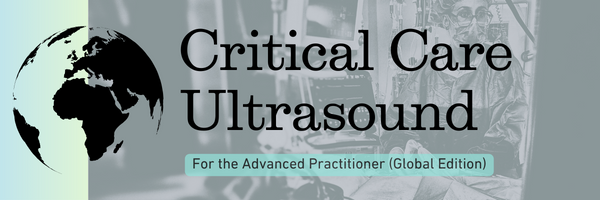Humanitarian Work
The Department of Critical Care Medicine at the University of Alberta is committed to advancing and supporting critically ill patients both in Edmonton and beyond. One of the avenues that the department works to support critically ill patients is through it’s humanitarian work.
Humanitarian work is aimed designed to save lives, alleviate suffering and to provide aid following emergencies. Unfortunately, in the current geopolitical landscape, many such situations exist. The department has several faculty that are active in these endeavours, and looks to support any and all humanitarian efforts.
Specific current efforts support by members of the department include programs by Doctors Without Borders and the Canadian-Ukrainian Surgical Aid Program. Details to both of these organizations can be found below.
https://www.doctorswithoutborders.ca/
https://cusap.ca/
The department is open to providing information to any healthcare practitioner interested in participating in any of these programs, as well as any trainee looking to gain experience with any of these programs.
Please contact Dr. James Lee or Dr. Oleksa Rewa should you have any questions or would like any more information regarding either program.
Contacts:
James Lee - james.lee@ualberta.ca
Oleksa Rewa – rewa@ualberta.ca
7th Annual R.T. Noel Gibney Lecture in Critical Care Medicine March 19th, 2024
Critical Care sans Frontières/Critical Care without Borders
Presenter: Rob Fowler, MDCM, MS(Epi), FRCP(C)

Critical Care Ultrasound (CCUS) is an increasingly essential tool in care of patients with life-threatening illness. From guiding invasive procedures to assessing a patient in shock, CCUS offers valuable detail that can guide diagnosis, management, and prognostication of patients with severe illness. Its portability, ever-reducing cost, and relative ease of use means that the technology is infinitely scalable to almost any environment from an academic urban hospital to field application in transport to a remote facility in a resource-limited setting. Several international societies have advanced and published guidelines for supporting education in CCUS and have made great in-roads in educating faculty and trainees alike. Nonetheless, access to high-quality learning resources and curriculum can pose an insurmountable barrier; it may come with a significant expense and be challenged by a variety of factors such as geography, lack of skilled expertise, or isolation on account of conflict.
In this program, we hope to leverage an existing non-profit program (AlbertaSono) to support advanced acute care physicians in developing additional skills in critical care ultrasound. While this program plans to also review the basics of CCUS, we also hope to leverage educational resources and both asynchronous and synchronous learning to tackle more advanced areas of CCUS. Our primary mission is to support high-quality performance of CCUS, while ensuring it is performed both efficiently and safely. This is a promising partnership between members of the Department of Critical Care Medicine, under the education umbrella of Alberta Sono, and Doctors Without Borders/Médecins Sans Frontières (MSF).